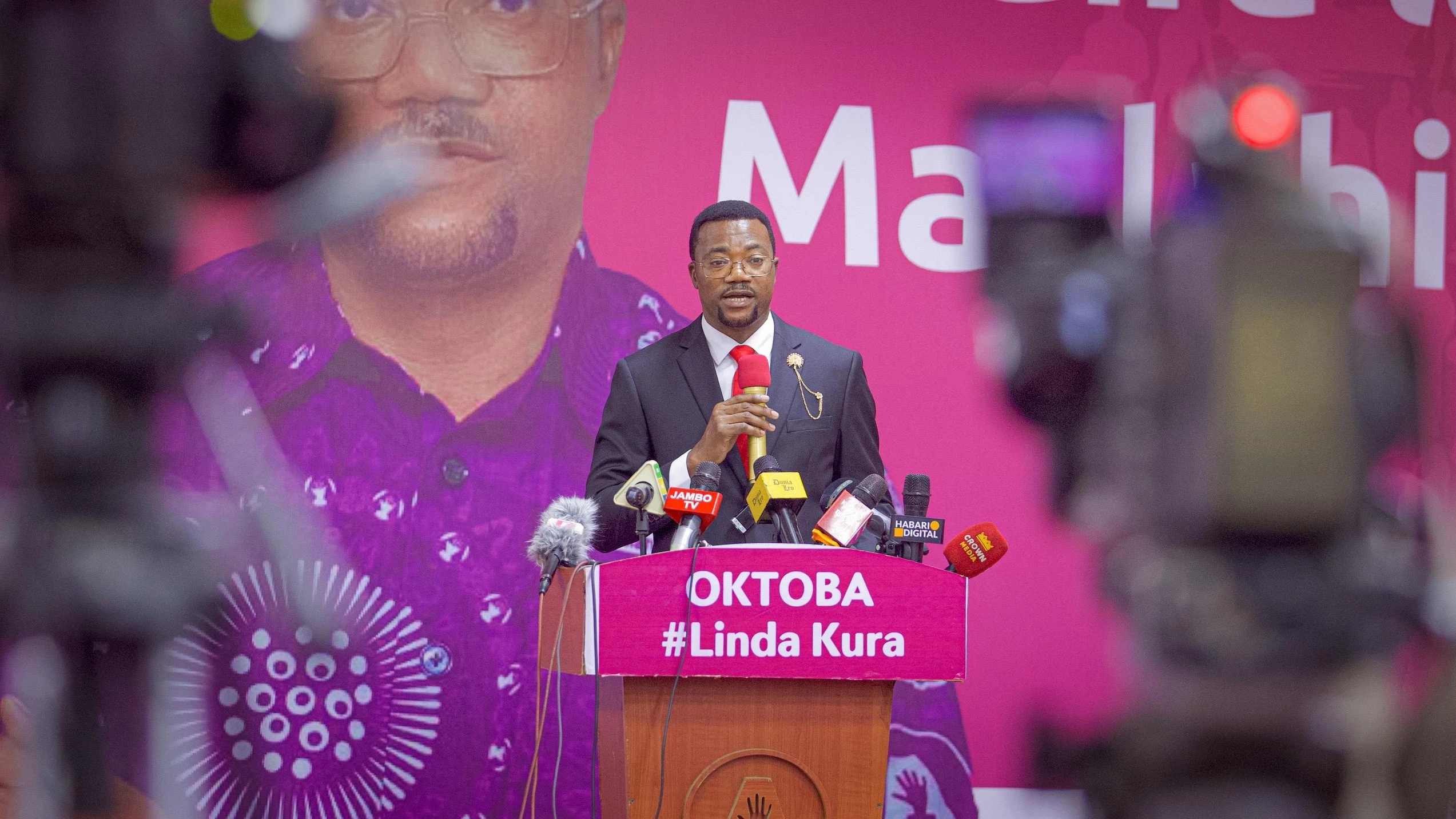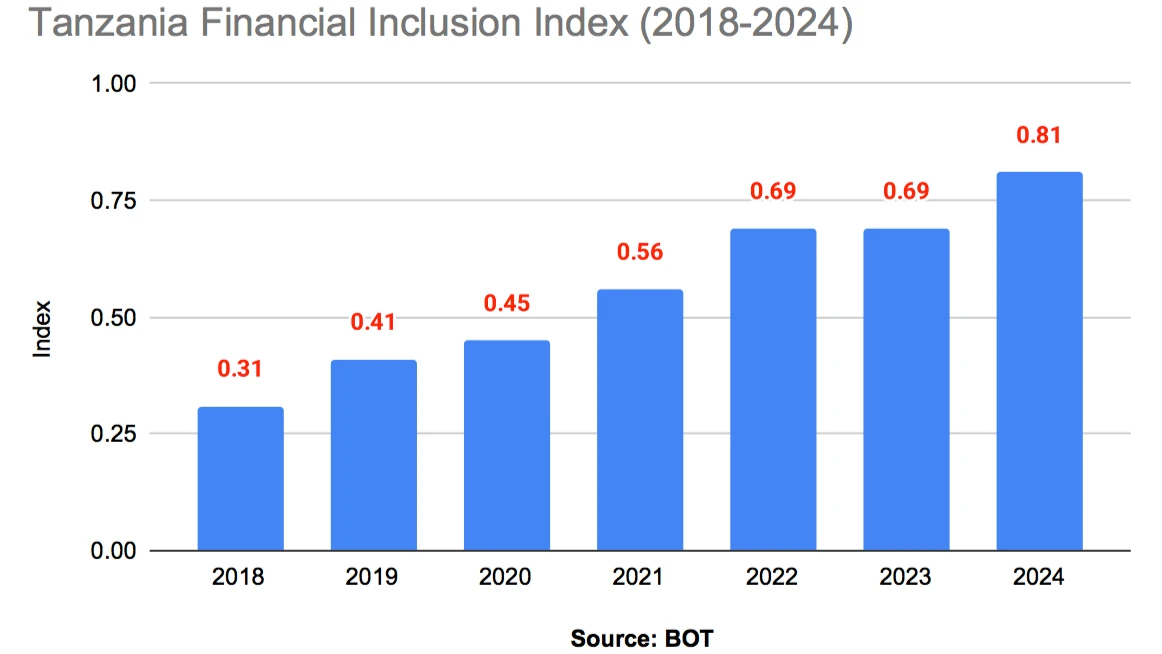Rising population spurs the growth of Africa’ pharmaceutical industry

The African pharmaceutical regulatory affairs market size is projected to reach USD 288.53 million by 2033, growing at a CAGR of 6.73 percent from 2025 to 2033, from estimated at USD 161.01 million in 2024.
According to the report, the market is driven by a rising elderly population and the increasing burden of chronic diseases, alongside growing healthcare expenditures and heightened demand for innovative, affordable medicines across the region.
Furthermore, there is a significant shift toward strengthening local pharmaceutical manufacturing capabilities, which is drawing greater regulatory attention and driving the need for robust compliance frameworks.
The market growth is due to a significant transformation in the region's healthcare landscape. The rise in non-communicable diseases such as diabetes, cancer, and cardiovascular conditions is pushing national health systems to adopt tighter regulatory frameworks that ensure the availability of safe and effective treatments.
Moreover, expanding health coverage through national insurance schemes and global health partnerships is prompting governments to prioritize streamlined drug approvals and pharmacovigilance systems.
Regulatory bodies are also under pressure to fast-track access to essential medicines, especially in underserved rural areas.
This trend has heightened the demand for outsourcing firms with the expertise to navigate evolving regulatory policies, align with harmonized standards, and manage complex approval pathways across multiple countries.
Furthermore, the African governments and regional blocs are increasingly emphasizing the development of local pharmaceutical manufacturing to reduce dependency on imports and improve medicine security.
This industrial shift is creating a greater need for well-defined regulatory systems, from GMP certification to dossier submissions and lifecycle management of products.
Efforts led by entities such as the African Medicines Agency (AMA), regional harmonization initiatives, and cross-border cooperation are pushing countries to modernize and align their regulatory affairs processes.
This transformation is not only fostering innovation but also opening opportunities for contract regulatory services, consultancy, and training programs focused on building local capacity in regulatory compliance and policy execution.
This report forecasts revenue growth at regional and country levels and provides an analysis of the latest industry trends in each of the sub-segments from 2021 to 2033.
For this study, the analyst has segmented the Africa pharmaceutical regulatory affairs market report based on service providers, services, category, indication, development stage, company size, and country.
According to latest data, Africa's population is expected to double by 2050, creating a massive consumer base as rapid urbanization across the continent is leading to increased purchasing power and a shift towards modern healthcare.
African governments and organizations like the African Union (AU) and the African Development Bank (AfDB) are actively promoting local pharmaceutical manufacturing to reduce reliance on imports and improve health security.
Reports show a significant portion of Africa's pharmaceutical needs are met by imports. As of early 2023, around 61 percent of packaged medicines were imported, with only a small fraction (3 percent) being intra-African trade.
Top Headlines
© 2025 IPPMEDIA.COM. ALL RIGHTS RESERVED

























